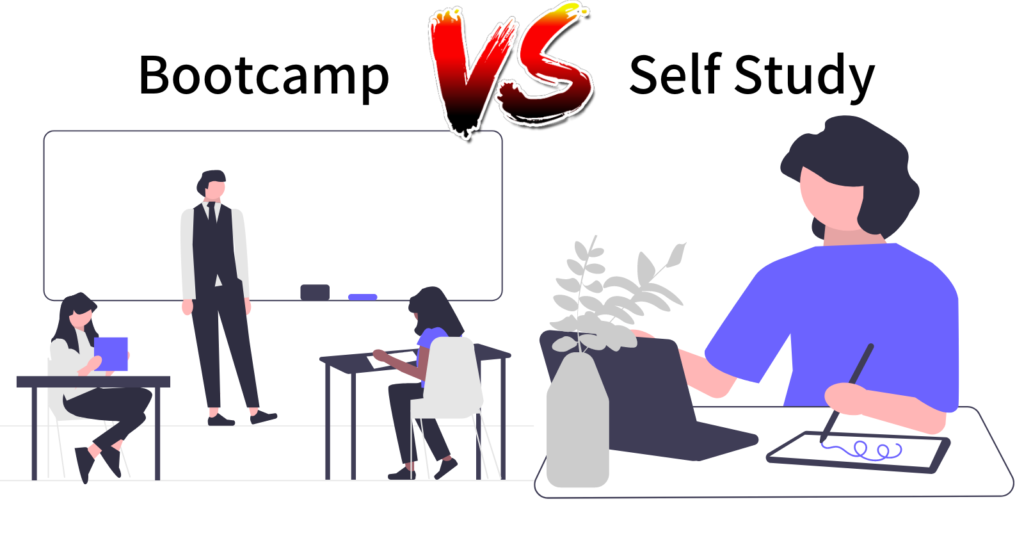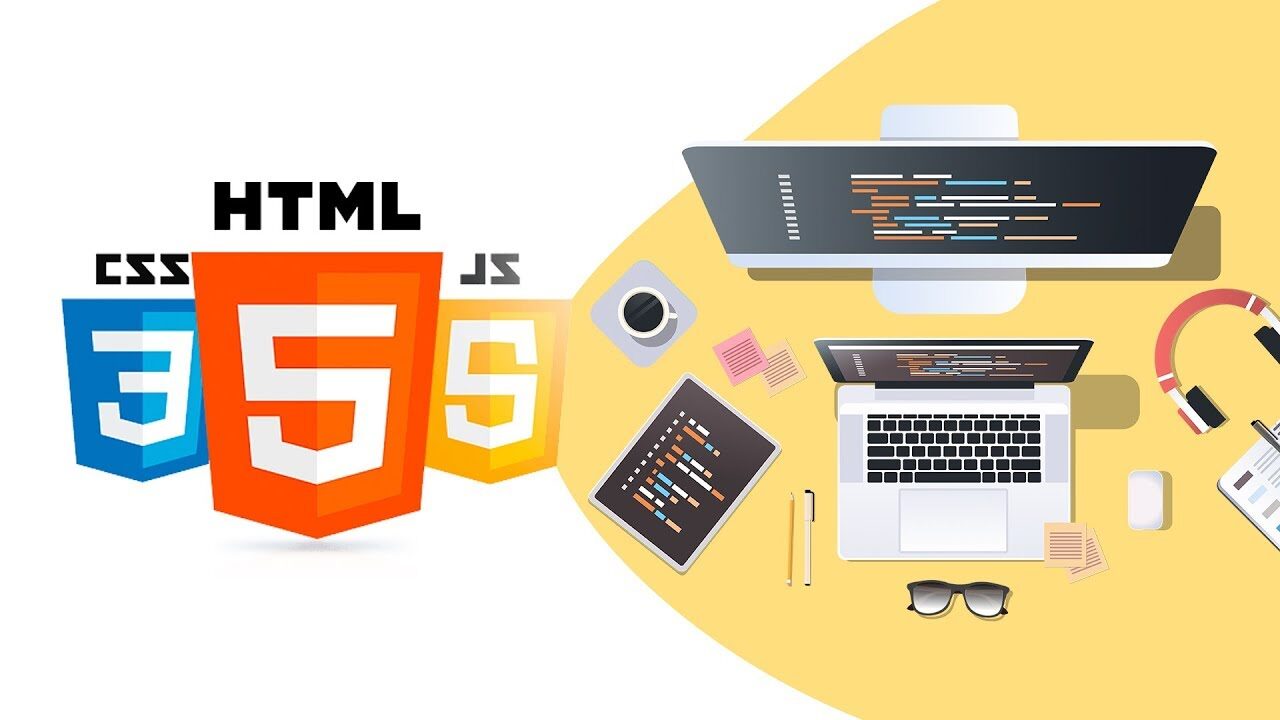Embarking on a journey to learn to code can be both exciting and daunting. With numerous paths available, choosing the right approach to acquiring programming skills is crucial for achieving your career goals. Two popular options are coding bootcamps and self-learning. Each has its own advantages and challenges, and understanding the differences can help you make an informed decision. This article explores the pros and cons of coding bootcamps and self-learning to guide you in choosing the path that best suits your needs.

Understanding Coding Bootcamps
Coding bootcamps are intensive, short-term training programs designed to provide comprehensive coding education in a condensed timeframe. These programs often focus on practical skills and real-world applications, making them appealing for those seeking a fast-track route to a programming career.
Advantages of Coding Bootcamps
- Structured Learning: Bootcamps offer a well-defined curriculum that covers essential programming languages and concepts. This structure helps ensure that you acquire the necessary skills in a systematic manner.
- Accelerated Learning: With immersive, full-time programs, bootcamps can take you from programming for beginners to advanced proficiency in a matter of months. This rapid pace is ideal for those eager to enter the job market quickly.
- Hands-On Experience: Coding bootcamps emphasize practical, hands-on experience through projects and exercises. This approach helps you build a portfolio of real-world projects, which can be valuable when seeking employment.
- Career Support: Many bootcamps offer career services such as job placement assistance, resume reviews, and interview coaching. This support can be instrumental in transitioning from learning to securing a job.
Challenges of Coding Bootcamps
- Cost: Bootcamps can be expensive, with tuition fees often running into several thousand dollars. It’s essential to weigh the investment against your budget and potential return on investment.
- Time Commitment: Intensive bootcamps require a significant time commitment, which may not be feasible for everyone. Consider your personal schedule and responsibilities before enrolling.
- One-Size-Fits-All Approach: While bootcamps offer structured learning, they may not cater to individual learning styles or specific interests. The curriculum is often designed to cover a broad range of topics rather than in-depth specialization.
Exploring Self-Learning
Self-learning involves independently acquiring programming skills through various resources such as online courses, books, and coding tutorials. This path offers flexibility and control over your learning experience.
Advantages of Self-Learning
- Flexibility: Self-learning allows you to set your own pace and schedule. This flexibility is ideal for those who prefer a more relaxed approach or have other commitments.
- Cost-Effectiveness: Many resources for self-learning, such as online coding platforms and free programming resources, are available at little to no cost. This makes self-learning a more affordable option compared to coding bootcamps.
- Customization: With self-learning, you can tailor your education to your interests and career goals. Whether you’re interested in Python programming, JavaScript programming, or web development, you can focus on the areas that matter most to you.
- Continuous Learning: Self-learning encourages a habit of continuous learning and exploration. You can stay updated with the latest technologies and advancements in the field by leveraging various programming resources.
Challenges of Self-Learning
- Lack of Structure: Without a structured curriculum, self-learners may struggle to organize their study material and progress systematically. It requires self-discipline and organization to create and follow an effective learning plan.
- Motivation and Accountability: Staying motivated and accountable can be challenging when learning independently. Unlike bootcamps, which provide a structured environment and deadlines, self-learners need to manage their own progress.
- Limited Practical Experience: While there are plenty of resources available, gaining practical experience may require additional effort. Self-learners need to proactively seek out projects and real-world applications to build their portfolios.
Making Your Decision
Choosing between a coding bootcamp and self-learning depends on several factors, including your learning style, career goals, budget, and time constraints.
- If you prefer a structured, intensive program with a focus on practical skills and career support, a coding bootcamp might be the right choice. Bootcamps are ideal for those who want to immerse themselves in coding and transition quickly into the workforce.
- If you value flexibility and cost-effectiveness, and enjoy setting your own pace, self-learning might be a better fit. This path allows you to tailor your education to your specific interests and provides the freedom to learn at your convenience.

Both coding bootcamps and self-learning offer unique benefits and challenges. By evaluating your personal goals, learning preferences, and resources, you can choose the path that aligns with your needs. Whether you opt for a structured bootcamp or a self-directed approach, the key to success lies in dedication, practice, and leveraging the best available programming resources.
Ultimately, the right choice will help you build the skills you need to excel in the tech industry and achieve your career aspirations.



